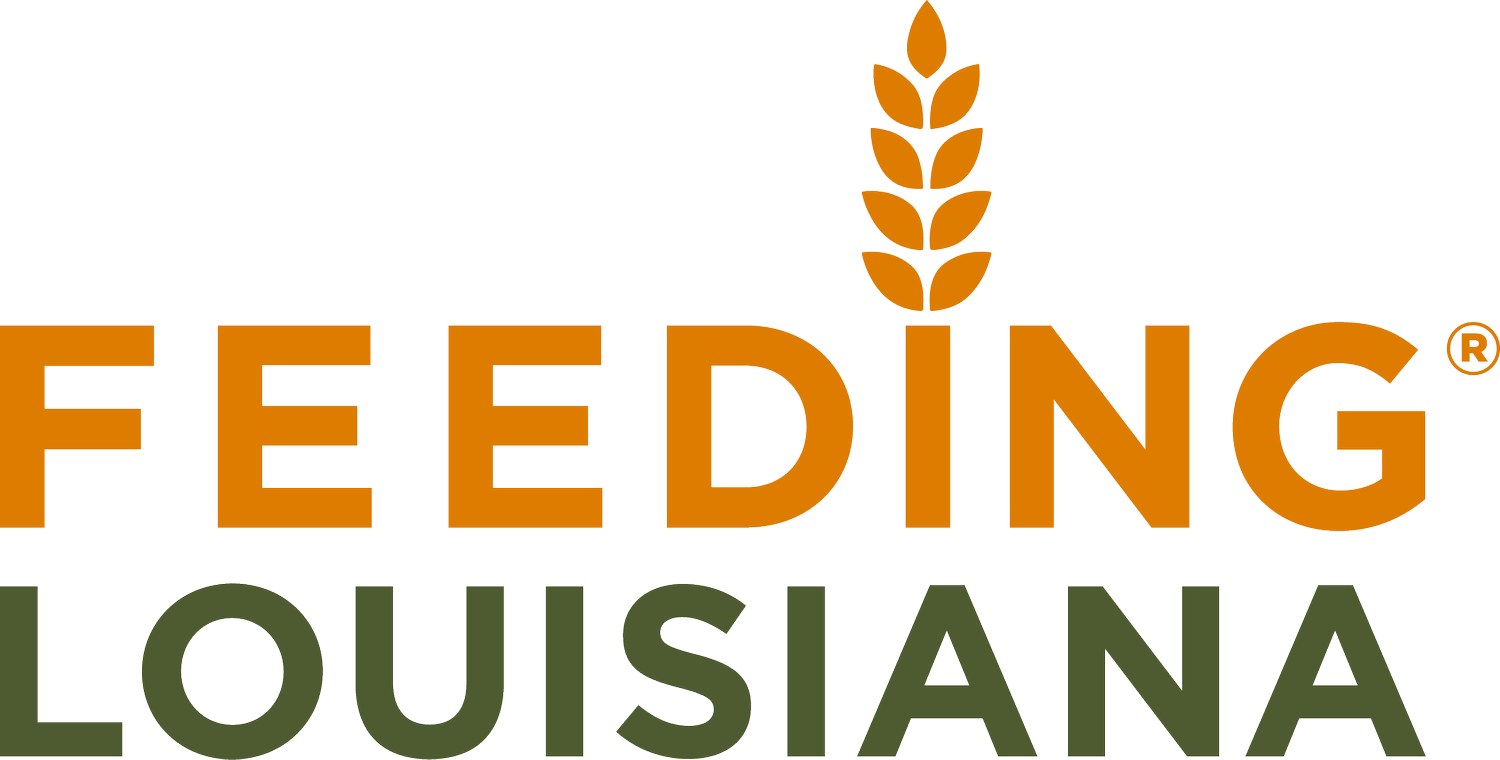Find Your Food Bank
Food & Other Resources Near You
Contact your local Feeding Louisiana member food bank for food assistance and other hunger relief programs.
-
Apply for SNAP
Apply for SNAP benefits on our website. A local SNAP coordinator can help you determine eligibility and complete the application process.
-
Medicaid
Apply for Medicaid or renew your coverage by filling out the form on our website. A Feeding Louisiana Medicaid Coordinator will follow up to get you the assistance you need.
-
Other Resources
Access our directory to connect to with other state and federal resources and organizations.
Food Bank FAQs
-
No. We are the State Food Bank Association.
Our role is to support the collaborative efforts of the state’s five regional food banks. We assist in helping our member food banks accomplish their policy and advocacy objectives, in addition to their food sourcing and fundraising efforts.
-
A food bank is a non-profit organization that collects, stores, and distributes large amounts of food to smaller hunger relief charity organizations throughout the state.
Think of a food bank like Costco, or another wholesale retailer, for local food charities to pick food up from.
Food banks are also an excellent resource for households to find a food pantry or hunger relief program near them.
-
Louisiana is home to hundreds of food pantries serving our neighbors in need.
Unlike food banks, food pantries are sites that directly engage with giving food to the communities they serve.
Many food pantries are staffed by volunteers and typically are operated in schools, community centers, and faith-based organizations.
-
Food banks receive food from a variety of national and local sources.
Nationally, the USDA’s Food and Nutrition Service provides food banks with food through The Emergency Food Assistance Program (TEFAP), the Child and Adult Care Food Program (CACFP), Summer Food Service Program (SFSP), and other nutrition programs.
At the local level, food banks receive monetary donations from generous individuals in their communities to purchase food independently, capture unwanted products through food rescue programs, and receive surplus ingredients from nearby businesses.
About Feeding Louisiana
We are the State Food Bank Association of Louisiana helping provide short-term food relief and advocating for long-term solutions to combat hunger throughout the state.



